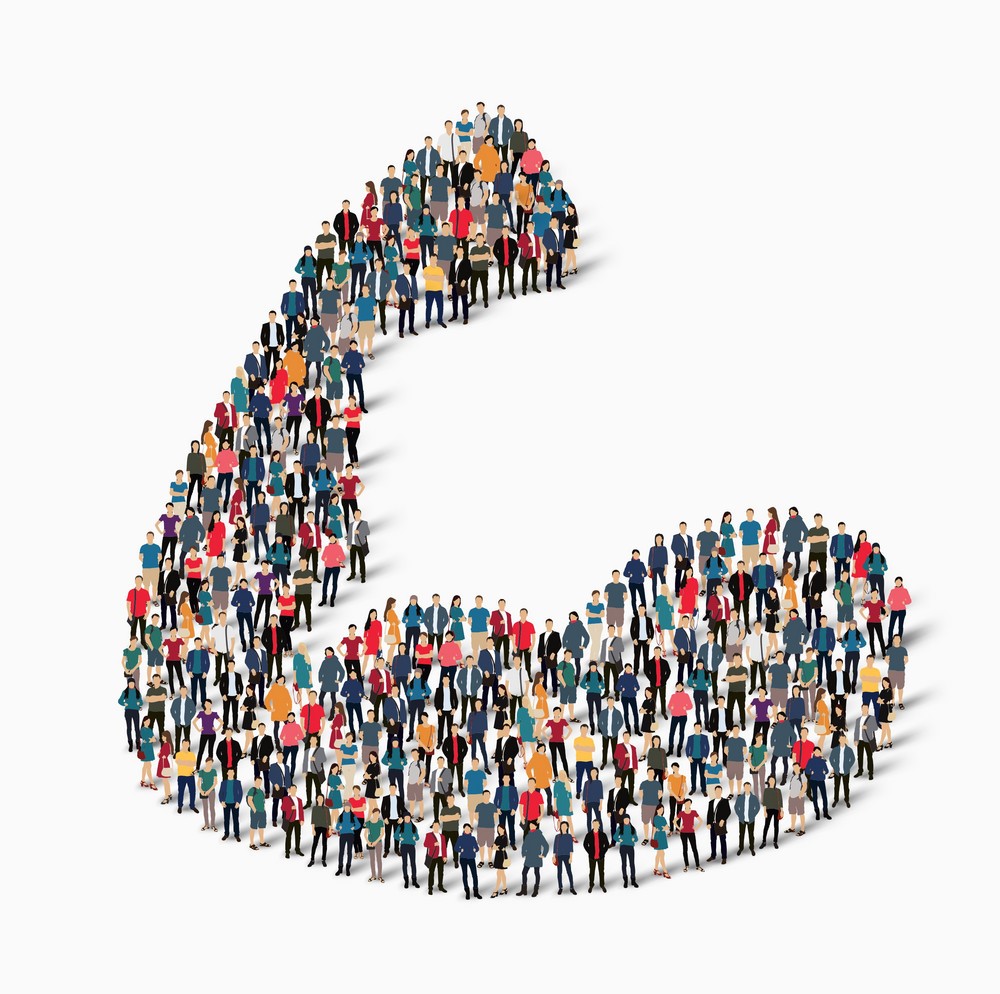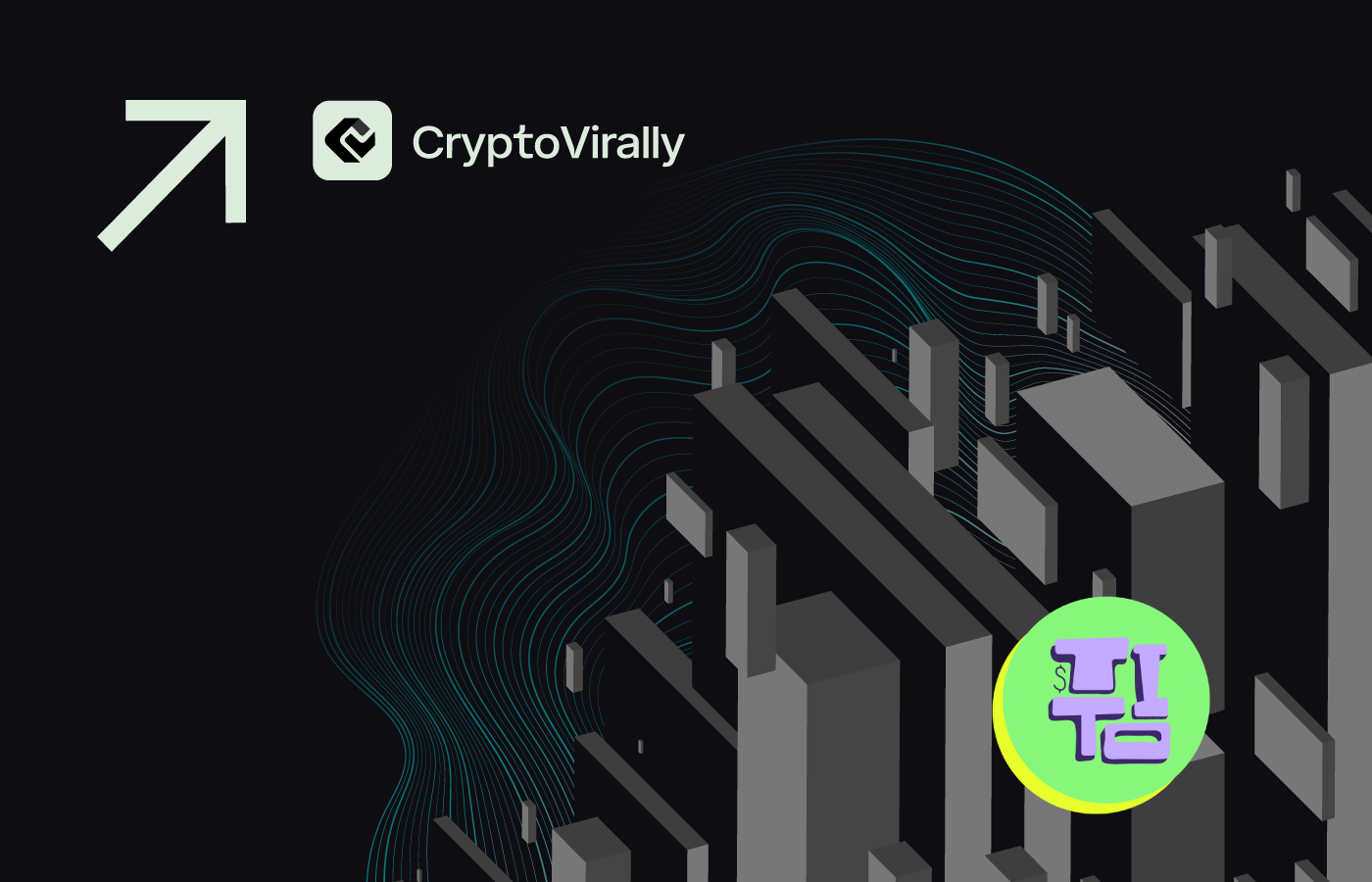With the internet’s perpetual evolution, we are moving away from relationships that focus on the one-to-many model to a more advertising-style community that is more inclusive. In our day-to-day lives, online communities will remain integral. In light of the COVID-19 pandemic, online communities proved their true value. Online groups are easily accessible and popular. Hence, they have become the place to share user-generated content, whether photos, reviews, or videos.
However, change is occurring, and online communities are changing. Online communities are taking off in a major way compared to the previous era. In the era, a customer-user-creator relationship dominated them. This article shall look into how the future is DAO, touching on how online crypto communities are evolving.
What is DAO?
A decentralized autonomous organization (DAO) is an entity without central leadership. A community organized around a specific set of rules enforced on a blockchain that governs and makes decisions, from the bottom-up.
DAOs are internet-native organizations that are owned and governed collectively by their members. They have built-in treasuries that folks can only access with their members’ permission—the group votes on proposals during a set amount of time to make decisions.
A DAO can serve a variety of objectives without the need for hierarchical management. With these organizations, freelancer networks where contracts combine their earnings to pay for software subscriptions, philanthropic organizations where members approve payments, and venture capital businesses managed by a group are all possibilities.
The concept of an ownership economy is not new. It has recently come to the fore due to the introduction of blockchain and increased interest in cryptocurrency. And, as crypto assets approach all-time highs, interest increases in developing decentralized autonomous organizations (DAOs). They provide its members with new incentive options as well as ownership.
Web2 vs. Web3 Communities
Web3 is derived from Web1 or Web 1.0. It was the initial designation for the internet, which allowed you to visit GeoCities sites or play Flash-based browser games.
Web2, often known as Web 2.0, evolved from Web1. It saw the rise of social media platforms such as Facebook services like Uber and Venmo. In addition, pretty much everything that exists online today.
Web3 is the next step in the growth of the internet. Web 3.0 encompasses DAOs and the ownership economy. It is a Web 2.0 offshoot built on the premise that blockchain technology and digital tokens may support a decentralized internet. While Web 2.0 provided us with the internet we know today, it also carried a lot of baggage. Google, Amazon, Microsoft, Apple, and Facebook are just a few of the huge firms that govern the web, and they’re content to keep it that way.
Data portability, or the ability to carry your data across many devices, is lacking. Furthermore, if you buy an app on one platform, it may not operate on another.
Big-name tech businesses thrive on the information you provide them. And besides, the great majority of Google and Facebook’s revenue comes from advertisements based on user information.
Web3, on the other hand, enables the existence of sites and services within decentralized computer networks. It relies on blockchain technology to confirm user data. People who use websites and apps should, ideally, own them. Participate enough in an online community, and you’ll receive a piece of it in the form of a digital token. Consumers rather than a major corporation would govern the service.
Easier Finance Management
The development of online communities marked the year 2020. It was also when decentralized finance (DeFi) gained traction as people explored alternative ways to earn money through liquidity mining. With bitcoin and DeFi representing their online communities, these industries move online communities to the next level.
And, as we go into this new world of online community development, it’s no longer enough to share knowledge for businesses to profit merely. The ownership economy is taking shape, an ecosystem that allows people to own or have a financial stake in something.
Integrating crypto and DeFi is nature. These two technologies are the key to valuing digitalization and enabling frictionless finance. Novel ways to real-world communities are achieved due to this, where they may more effectively produce, capture, and trade value using digital tools.
The idea of an ownership economy isn’t new. However, it has gained traction in recent years due to the rise of blockchain and increased interest in cryptocurrency. With crypto-assets at all-time highs, we’re seeing a surge in interest in decentralized autonomous organizations (DAOs), which provide users new incentive options and ownership.
DAO and the Metaverse
To exist as a collection of vast online worlds, you must be able to move your user account, avatar, and data from one location to another. Individual firms owning different sections of the metaverse would almost certainly prevent this.
So this is where Web3’s decentralized internet comes in. Users can easily travel from world to world if no single entity regulates the sites and apps that comprise the metaverse.
Wrapping Up
There is no better time to combine Web 3.0, the ownership economy, DAOs, blockchain, and crypto. DAOs will be the way forward to assist content creators in creating and monetizing their content, as we see a move to create and monetize content. Future online communities will give users control over the content they create – even if more is yet to be done. The current trends that might affect how organizations engage with consumers or how consumers interact with them need to be kept in mind by brands and businesses. While DAOs are not very widespread yet, they are picking up steam globally as more time passes.



